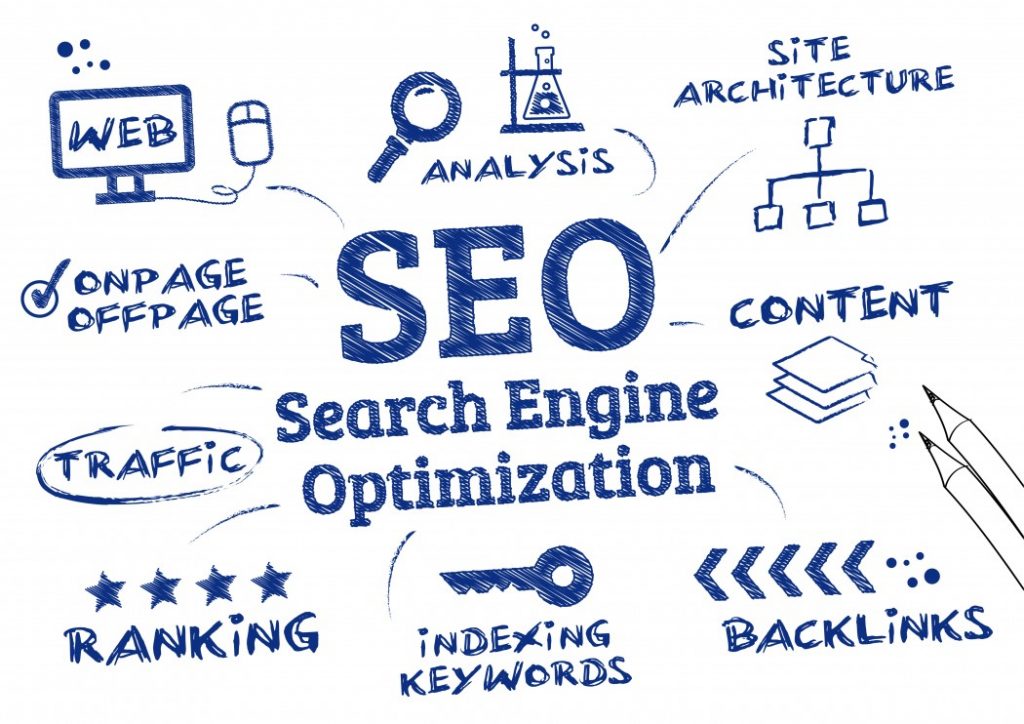SEO Services: White Hat vs. Black Hat Techniques
Creating content that is relevant and useful to your target audience is essential for both online and offline success. In order to create content that resonates with your readers, you need to understand who they are and what they care about. By understanding your target audience, you can be sure that your content will be appreciated and help you achieve your marketing objectives.
Defining Your Target Audience
When it comes to your blog, you need to know who your target audience is. This knowledge will help you create content that is relevant and engaging for them.
Your target audience can be narrowed down to one or more of the following:
-People who are interested in your topic
-People who live in a particular area
-People who have a specific demographic (age, income, etc.)
-People who use a certain type of device (smartphone, laptop, tablet)
Developing a Message That Resonates With Your Target Audience
Creating a blog to share your message with your target audience is an essential part of any marketing strategy. By understanding your audience and what they care about, you can create content that speaks to them on a personal level. This will help you build relationships with them, which in turn will result in more customers.
When developing your blog, keep these tips in mind:
-Start by identifying your key messages. What are you trying to say to your target audience? What do you want them to take away from your posts? Once you have a clear idea of what you want, start crafting content that reinforces that message.
-Target the right people. Not all readers of your blog are potential customers, so be sure to focus on writing content that appeals to your target audience. This means writing for people who share similar interests and values as your own.
-Engage with your target audience. Be sure to comment on posts, share the links to your favorite articles, and answer questions in the comments section. Doing this will show that you’re interested in what they have to say and make them feel like part of the community.
Crafting Creative Copy that Resonates with Your Target Audience
Creating content that is both creative and resonates with your target audience can be a challenge. However, it is crucial to ensure that your content is engaging and useful to your readers. If you can create content that speaks to their needs and interests, you will be more likely to attract new followers and retain current ones.
When crafting your content, it is important to consider who your target audience is. Are you writing for business owners or consumers? Are you targeting residents of a certain city or region? Once you have determined who your audience is, it is important to consider their individual needs and interests.
Some factors to consider when crafting creative copy for your target audience include:
-What are their concerns or problems?
-What are their wants and desires?
-What topics are they passionate about?
-What do they find entertaining or interesting?
-What makes them feel good about themselves?
Once you have determined what makes your target audience happy, it is time to focus on delivering valuable information in a way that is easy for them to understand. In addition to using creative language and storytelling techniques, try incorporating visual elements into your content. This can help make complex topics more approachable for your readers.
By taking these simple steps, you can create content that is engaging, useful, and well-suited for your target audience.
How to Measure the Success of Your Campaign
Knowing your target audience is essential to the success of any marketing campaign. By understanding who you are trying to reach and what they want, you can tailor your message accordingly. There are a few key methods you can use to measure your success.
One way to measure the success of a marketing campaign is through customer retention rates. If people who were initially interested in your product or service continue consuming it after signing up, then you have succeeded in reaching your target audience. Another method is through conversion rate, which measures how many people who visit your website or sign up for your email list convert into customers.
However, measuring the success of a marketing campaign is only half the battle. You also need to determine why those customers stopped consuming or subscribing to your content or visiting your website. By understanding their needs and wants, you can create more tailored content and advertisements that will appeal to them.
By knowing your target audience and using various methods to measure their success, you can create successful marketing campaigns that will keep your customers coming back for more.









Recent Comments